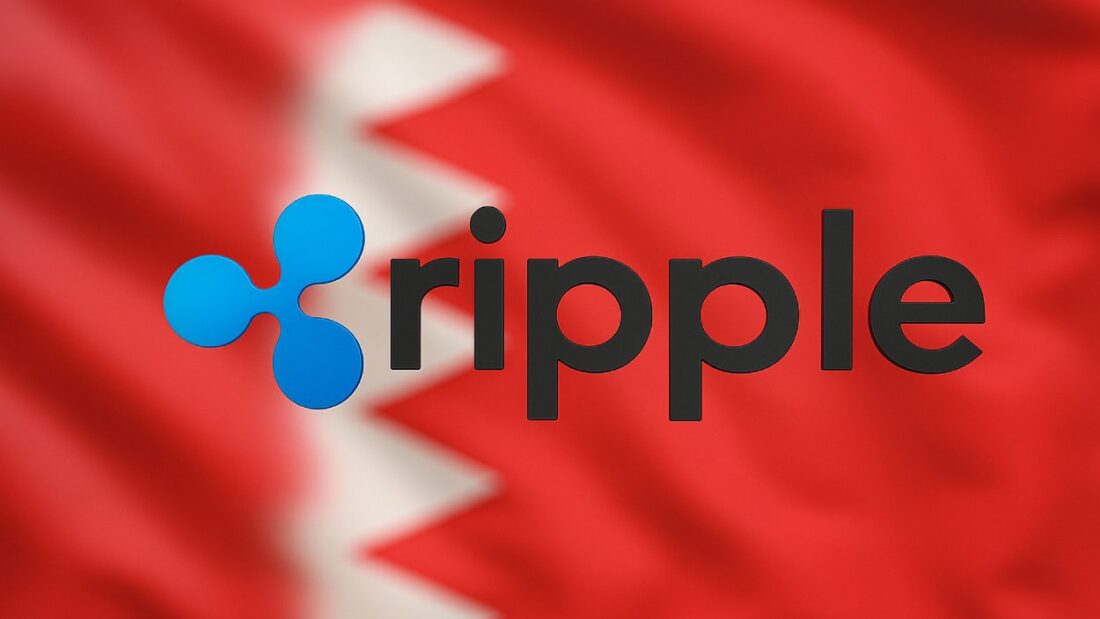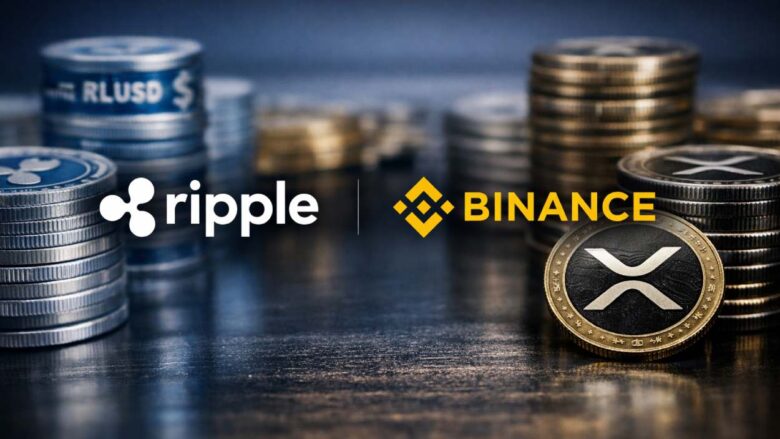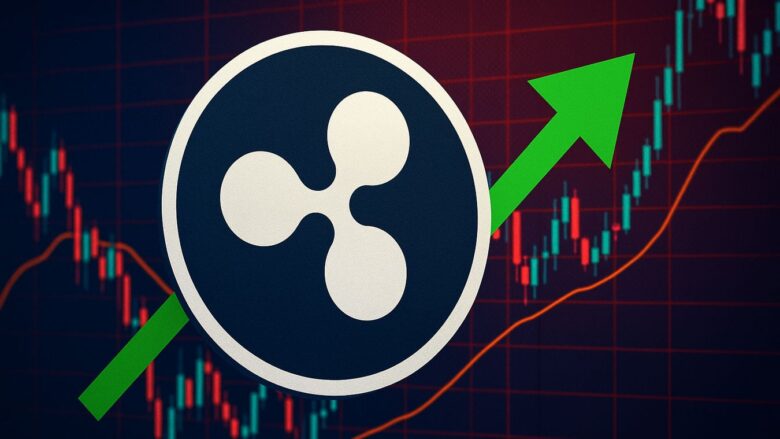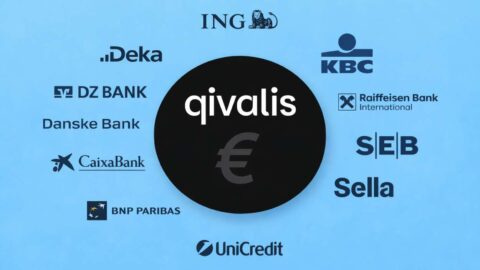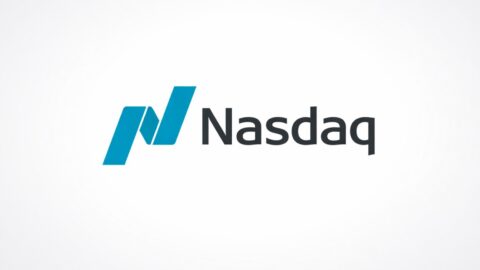Ripple has partnered with Bahrain Fintech Bay to advance digital assets and blockchain technology in the Kingdom, strengthening its position in the Middle East.
Key Takeaways
- Ripple has partnered with Bahrain Fintech Bay to launch pilot programs and promote blockchain adoption in Bahrain’s financial ecosystem.
- The partnership builds on Ripple’s regulatory foothold in the region, including its DFSA license in Dubai.
- The deal aims to introduce Ripple’s stablecoin RLUSD and digital asset custody services to financial institutions in Bahrain.
- XRP prices dropped 2.2% following the announcement, despite long-term strategic significance.
What Happened?
Ripple Labs announced a strategic partnership with Bahrain Fintech Bay (BFB) to boost blockchain innovation and integrate stablecoin use into regulated financial markets. The collaboration supports pilot projects in cross-border payments, tokenization, and stablecoin adoption, with a focus on Ripple’s enterprise-grade USD-pegged stablecoin, Ripple USD (RLUSD).
Next up → the Kingdom of Bahrain. 🇧🇭
— Ripple (@Ripple) October 9, 2025
We’re expanding our presence in the Middle East through a partnership with Bahrain @FinTechBay: https://t.co/6ygStbtPPv
Building on our Dubai regulatory license, this move reinforces our commitment to the MENA region.
Together, we’ll…
Ripple and Bahrain Fintech Bay Join Forces
Ripple is making another strong move in the Middle East by joining hands with Bahrain Fintech Bay, the Kingdom’s top fintech incubator. The partnership was officially announced during the Fintech Forward 2025 conference in Sakhir, where global fintech leaders and regional regulators gathered to discuss innovation and policy.
According to Reece Merrick, Ripple’s Managing Director for the Middle East and Africa, Bahrain stands out as one of the first countries globally to regulate cryptoassets and has rapidly embraced blockchain infrastructure. Merrick stated:
Suzy Al Zeerah, Chief Operating Officer at Bahrain Fintech Bay, emphasized the national vision for fintech growth. She said:
Under the partnership, the two organizations will:
- Launch pilot programs focused on cross-border payments, RWAs (real-world asset) tokenization, and stablecoins.
- Conduct educational and accelerator initiatives to train local talent and boost grassroots blockchain development.
- Offer custodial and stablecoin services using RLUSD for financial institutions under Bahrain’s regulatory oversight.
RLUSD Gains Momentum in the Region
Ripple’s RLUSD stablecoin is taking a central role in the firm’s global strategy. RLUSD has already made its mark in Europe through Luxembourg under the MiCA regulatory framework and is seeing increasing traction in Africa through platforms like Chipper Cash and Yellow Card.
Now, Ripple aims to solidify RLUSD adoption in the Gulf, with Bahrain potentially acting as a launchpad for regulated digital finance across the region. RLUSD was also recently listed on Bybit, showing early signs of growing volume and market cap interest.
As of early October, RLUSD saw a 75% increase in trading volume, with market capitalization nearing $790 million. These figures signal a strong institutional interest in regulated stablecoins that connect traditional finance with blockchain platforms.
XRP Price Dips Despite Strategic News
Despite the positive developments, XRP’s market performance showed a 2.2% decline following the announcement, bringing its price down to around $2.82. Over the past week, the token dropped 5%, although it is still holding above the $2.80 support level, a zone of high transaction activity.
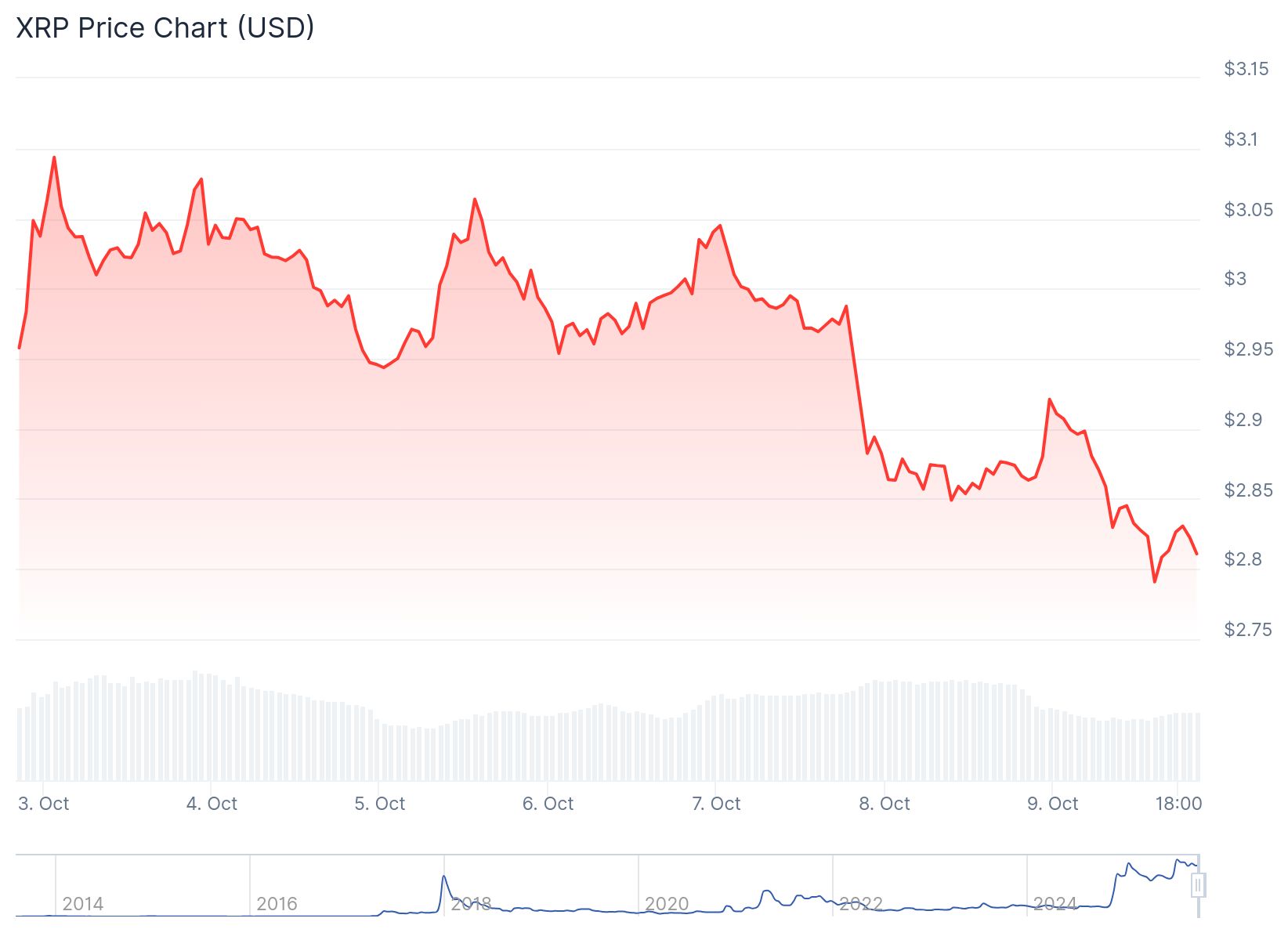
Technical indicators such as the Relative Strength Index (RSI) remain mixed, suggesting buyers may be waiting for a clearer momentum signal before entering the market. Around 2.48 billion XRP, or nearly 4% of the total supply, changed hands near the $2.80 range, making it a key area of interest for traders.
CoinLaw’s Takeaway
In my experience covering crypto partnerships, this Ripple-Bahrain deal stands out for one key reason: it’s not just PR. This is a tangible regional expansion built on real regulatory frameworks and clear product goals. I found it impressive that Ripple isn’t just pushing RLUSD in theory, but is embedding it into regulated pilot programs with Bahrain’s top fintech authority. That’s a big deal in a region hungry for blockchain but cautious about compliance. If Ripple executes well here, Bahrain could become a model for compliant blockchain integration across the Middle East. I’ll be watching this space closely.

